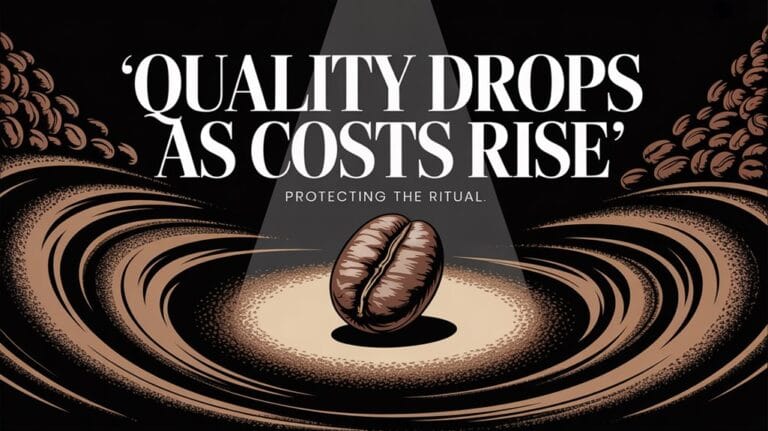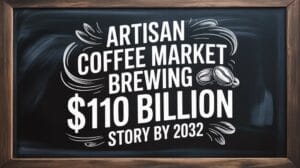While the price of coffee beans has soared in recent years, many large coffee roasters are turning to cheaper options to maintain their profit margins. This trend impacts the entire coffee supply chain and raises concerns about pricing disparity. As prices for high-quality Arabica beans hit record levels, some roasters are changing their strategies. They’re now looking for lower-cost origins, like Brazil, or blending their coffee with cheaper grades. This shift is not just about saving money; it’s also about keeping up with market demands.
Bigger roasters often benefit from their size. They can negotiate better deals due to economies of scale. Larger companies get prices 30% to 50% lower than smaller roasters because they buy in bulk. They also secure prices in advance using forward contracts, which can shield them from unpredictable market changes. These practices help them reduce their entire costs and maintain competitive prices for customers. Unfortunately, the reliance on modern techniques can overshadow the nuanced flavors associated with traditional growing practices.
However, this focus on cheaper beans has real consequences. As major roasters pivot away from high-cost producers, many small farmers may be left with fewer buyers. Demand for premium coffees often drops, which can push these farmers into financial distress. This dynamic creates a stark pricing disparity in the market. High-quality beans, despite their rising costs, are less desirable to large companies, who seek cost-effective sources instead.
The shift to cheaper beans compromises small farmers, creating a pricing disparity that threatens their livelihoods and the market for premium coffee.
Moreover, the change in sourcing affects perceived quality. Consumers may notice differences in taste as larger roasters modify their blends. This raises questions about authenticity in the coffee market. While bigger roasters may keep their profits intact, the impact on small producers and coffee quality is becoming increasingly concerning. As noted in the broader coffee culture evolution, global adaptations also play a role in how quality is perceived and valued in different markets.
As the coffee industry continues to evolve, it will be essential to observe how these trends influence both the market and the livelihoods of those who depend on it. The hidden costs of choosing cheap beans extend beyond just profit margins; they ripple through the complete coffee supply chain.





